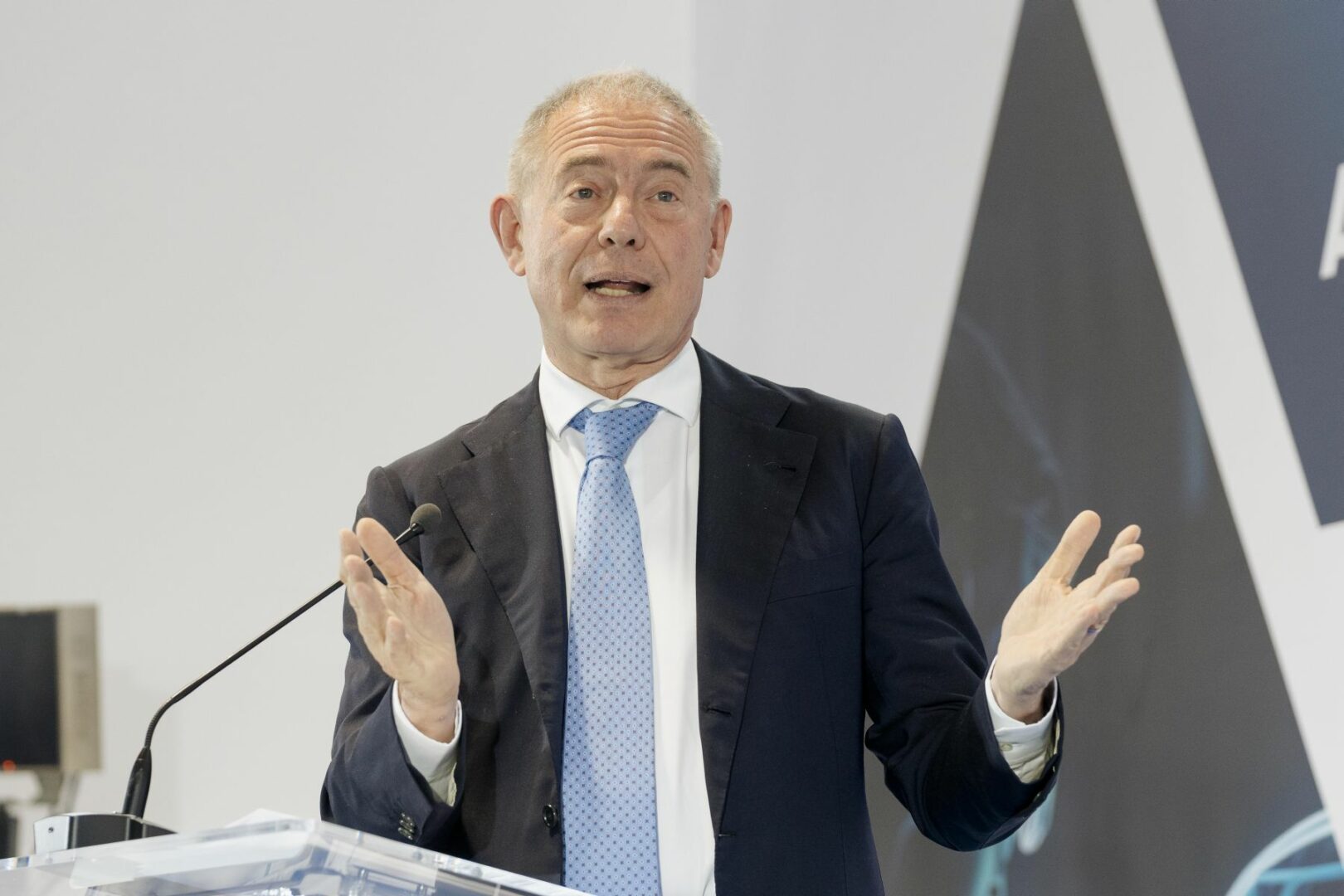ROME (ITALPRESS) – “Above all, we are concerned that another trade war could be triggered, even more serious than the one that was triggered 20 years ago with the Boeing-Airbus diatribe, which we all paid dearly for. Who doesn’t remember the madness of “Carousel” in the late 1990s and affecting different products every year? As a minister delegated to Foreign Trade in the first decade of the century, I know what that means.” Thus, in an interview with Corriere della Sera, the Minister of Enterprise and Made in Italy, Adolfo Urso, after Donald Trump, on Monday, signed two executive orders for 25 percent tariffs on steel and aluminum. When asked if the U.S. president could bypass the Union to make deals with individual countries, he replied, “Impossible. Trade policy has always been the exclusive competence of the Commission: individual states cannot in any way make bilateral agreements, raise or lower duties, or even prepare anti-dumping measures. They can help shape the common position, as was the case recently with the imposition of duties on Chinese electric cars. Therefore, the presidency of the Council of the EU has convened the extraordinary meeting of ministers with responsibility for trade in which we are represented by the foreign ministry.” And if Trump were to seek an agreement, “Italy would respect the joint decisions that it helped determine, as always,” Urso stressed. “But be careful: the role of states is exercised now, preemptively, not afterwards, when things are done. And that is what we are doing and what, above all, our Council president can do because of the credibility that everyone recognizes him in the EU and in Washington. We have to bring the confrontation on the right tracks. “The concerns,” the minister added, “are also legitimate because we have a clearly positive balance of trade with the U.S.. If the total interchange of goods and services between the U.S. and the EU in 2023 was close to 850 billion euros with a balance for the EU of 156 billion, Italy’s surplus with the U.S. was a whopping 42 billion euros. We are in fact the main beneficiaries in proportion to our economy. The U.S. is our main extra-EU partner, including in investment and tourism.” And when asked what will happen with duties on steel and aluminum, he replies that “they affect Italian products little. The United States ranks 19th as the destination country for our products. Italian steel exports to the U.S. more than halved between 2018 and 2024: in the last year they were just under 160,000 tons, down 62 percent from 420,000 tons in 2018. Our exports, moreover, are mainly special steels, high-value products whose price still allows them to exceed the threshold imposed by duties. Exports of aluminum and semi-finished products also declined by 21 percent between 2018 and 2024. The duties may have some backlash on the European market but rather limited at least as far as we are concerned. “We,” Urso explained, “have only one Plan A: to ensure the cohesion of the EU, as Giorgia Meloni has ensured over the past two years in every dossier, even the most difficult, winning everyone’s esteem. And at the same time use the excellent relationship with the Trump administration to avoid the escalation that suits no one. Italy and the United States have always had a special relationship that goes way back.” “There is only one plan,” the minister reiterated, “to ensure the cohesion of the EU as Meloni has done in recent years. Then, on the Paris summit on artificial intelligence, Urso recalls “the final document was not signed by the U.S. and the U.K., and this calls into question the transatlantic relationship. We have a problem in the West and we have to solve it. The elephant has been in the room for too many years. We can no longer hide it in the basement.” “Italy has moved forward with the Artificial Intelligence bill under discussion in Parliament, directed important resources on startups and established the AI4Industry Foundation in Turin,” he adds. “During the Italian presidency of the G7, on Giorgia Meloni’s instructions, we created the AI Hub for Sustainable Development, which will be established in Rome, to engage Africa in the use of AI and enabling technologies. In this context, President von der Leyen’s announcement in Paris finds us in full agreement: it goes from defining the rules, to which we have fully contributed, to defining the resources: 200 billion euros, which will allow the birth of a European model of Ia and at least four gigafactories, absolutely decisive, which will also be able to count on the two Italian supercomputers, among the best performing in the world, the Davinci in Genoa and the Cineca in Bologna. On quantum, we Italians are at the forefront in the world. And that is also why there are so many data center projects in Italy.”- photo Ipa agency -(ITALPRESS).

